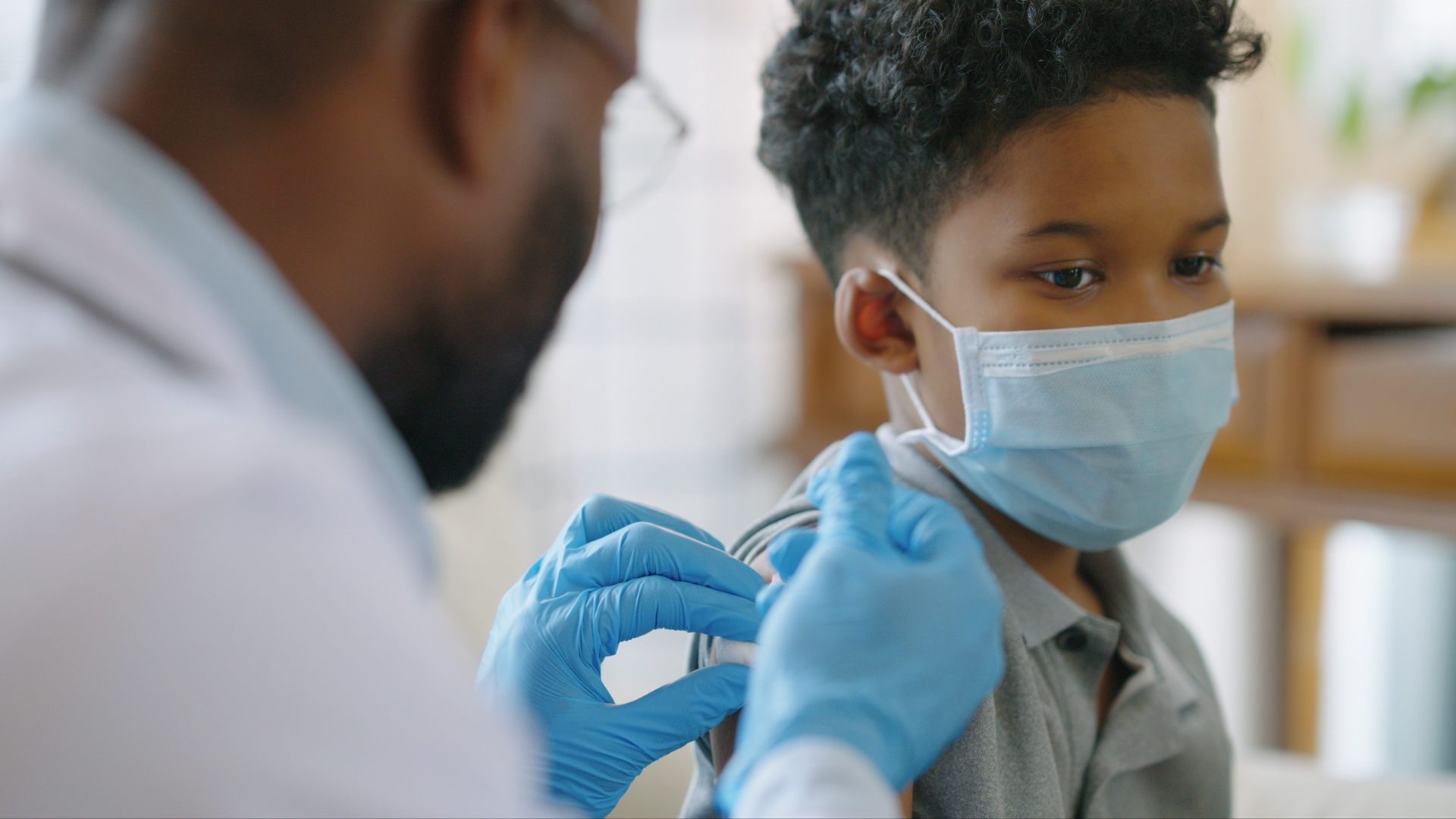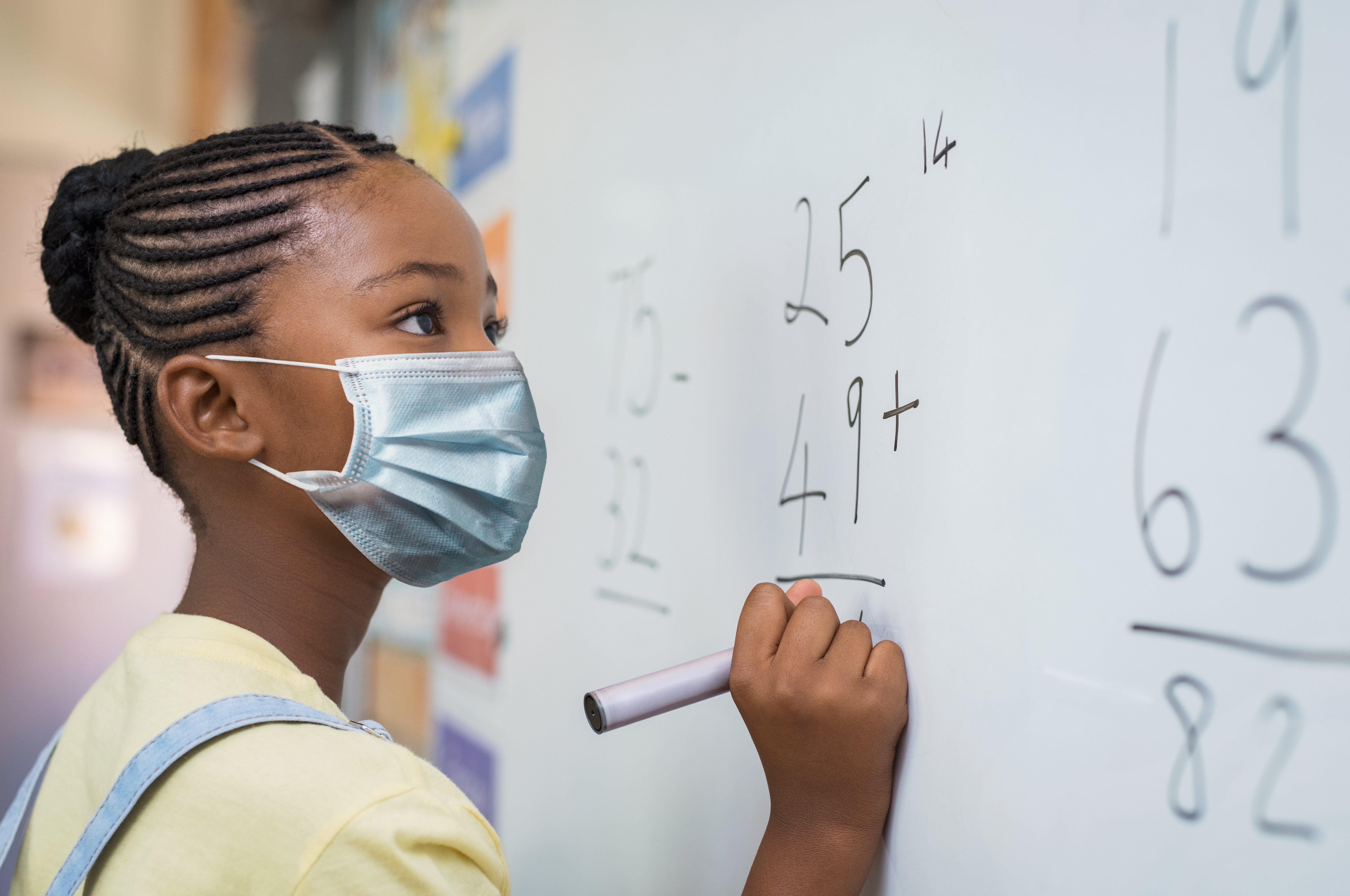As part of the weekly “COVID Q&A” series, NBC10 Boston asked three top Boston doctors Tuesday about COVID vaccines for children, the new “delta plus” variant and common side effects of booster shots.
People have reported side effects like chills, fever and nausea after receiving the COVID-19 vaccine, but do you need to worry about developing such symptoms after getting a booster shot?
In a new weekly series, "COVID Q&A," NBC10 Boston asked three top Boston doctors on Tuesday about the most common booster side effects.
Here's what they had to say:
What are the side effects?
Symptoms of the booster appear to largely mirror how people felt after their second dose, according to the U.S. Centers for Disease Control and Prevention. The most commonly reported symptoms after the third shot include arm pain, fatigue and headache. The side effects were mostly considered mild or moderate.
"The side effects of the booster are exactly the same as the side effects of the first and second shot," Dr. Daniel Kuritzkes of Brigham and Women's Hospital said. "It's kind of feeling crummy for a day or so."
Last week, the CDC published data listing the most common side effects people reported after receiving boosters of all three vaccines, the same day the agency expanded eligibility of the Moderna and Johnson & Johnson booster shots for millions of Americans.
The most common side effects reported after getting a third shot of an mRNA vaccine, the type made by Moderna and Pfizer, were pain at the injection site, fatigue, muscle pain, headache and fever, followed by chills and nausea.
"With the Pfizer booster, and I think this has been confirmed, there appears to be a fair amount of swelling of the lymph nodes in the underarm area on the side of the vaccine," Dr. Shira Doron of Tufts Medical Center said. "I'm certainly hearing a lot about that, you know, and it may be more than the first and second shot but it is harmless."
The data available for J&J was more limited, but people reported fever, fatigue and headache after receiving a second dose of that vaccine, according to the agency.
Will the booster side effects be as bad as the second dose?
Israeli data suggests that the booster shot might be a little bit easier to tolerate than the second dose, Dr. Doron noted.
"There's some evidence that the rates and severity of the Pfizer vaccine in the booster are almost identical to the second dose," Boston Medical Center's Dr. Davidson Hamer added. "I haven't seen as much with Moderna, so it's going be interesting because they're using a half dose, whether they'll see less of the both local and systemic side effects but also whether there will be less of this swollen lymph node issue as well."
For the Moderna vaccine, the booster shot is a half dose of what was used for the initial vaccination series, the doctors noted, while Pfizer and J&J booster shots use the same dose.
"I don't think people should be concerned about the side effects," Kuritzkes said. "They're certainly not going to be anything different from what people had experienced before."
Clinical trials showed "very clearly," he said, that there were more side effects after the second dose than the first, presumably because you had immunologic priming.
"And so now you were reacting to something that you were recognizing for the second dose for the third dose. You know, there's been at least six months in between. So there's been a little bit of waning of immunity," Kuritzkes said. "And although you're primed, you've had more time since the second dose. And so that plays a role into how much of reaction you're going to have as well."



